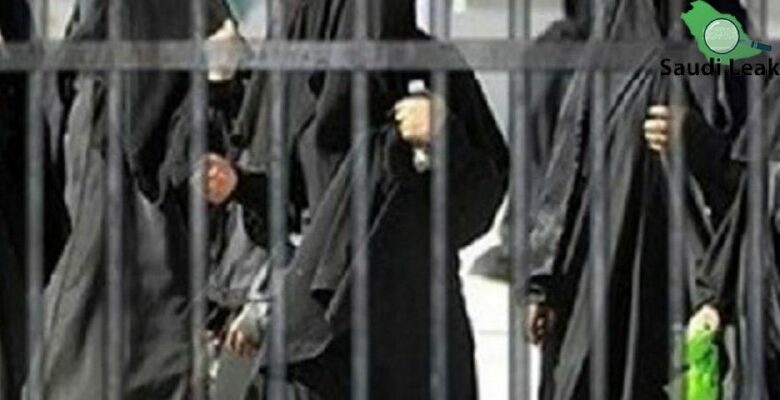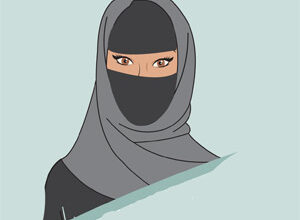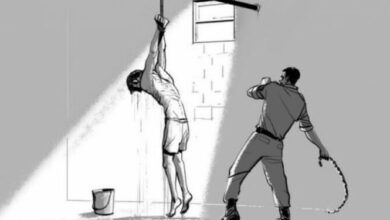Two South African Tourists Tortured in Saudi Prisons

Two South African tourists recently revealed the horrors of torture in Saudi prisons after being arbitrarily detained, which led them to file a complaint with the United Nations.
Two sisters from South Africa, detained by the Saudi authorities without charge at first, spoke of their plight and said they had filed a complaint with the United Nations.
Yumna Desai, an English language teacher at the Hail University in northern Saudi Arabia, said she was held in Dhahban prison in Jeddah from 2015 to 2018. A year and a half after her arrest, she was told she was accused of “unspecified cybercrimes.”
Her sister, Huda Mohammed, who was married to a Saudi and had a daughter with Saudi nationality, was imprisoned for a year and was not informed of any charges.
The sisters said their two brothers were also arrested and then released. The four siblings used to work in the kingdom but now returned to live in South Africa.
“We were never given an explanation as to why we were arrested,” Desai said, giving testimony on the sidelines of the U.N. Human Rights Council.
“Detainees are left for unknown periods in solitary confinement. They are threatened with arrests and detentions of family members if they did not confess.”
Desai said she saw children being held with their mothers and saw the birth of four women in prison.
“I stand here today to give a voice to the voiceless, those detainees who have been physically and psychologically tortured, sitting there for years without trial, denied visits, phone calls, medical aid,” she said.
Desai said she saw about a dozen prominent Saudi women’s rights activists arrested by the authorities a year ago and who were with her in the same part of the prison.
Activists with male supporters were arrested in conjunction with a Saudi decision to end a ban on women driving in the kingdom amid efforts to ease social restrictions and boost the economy.
The London-based Human Rights Support Group and sources familiar with the issues said some activists would appear before the court on Thursday on charges of activities to support human rights and contacts with foreign journalists and diplomats. Some spoke of being tortured.
But Desai said there was a need to talk about the fate of the less fortunate prisoners.
“It is not just people like Loujain al-Hathloul, Aziza al-Yousef or Samar Badawi, all of them who were in the same prison wing as me, that we should feel outraged about.
“It was entirely arbitrary and illegal, not just my case, but for the rest of the girls.”
Her sister added: “Our arrest, like of many in the country, was violent and to this day remains a mystery …
“Today we have submitted an official complaint on Saudi treatment to the U.N. Working Group on Arbitrary Detention.”





